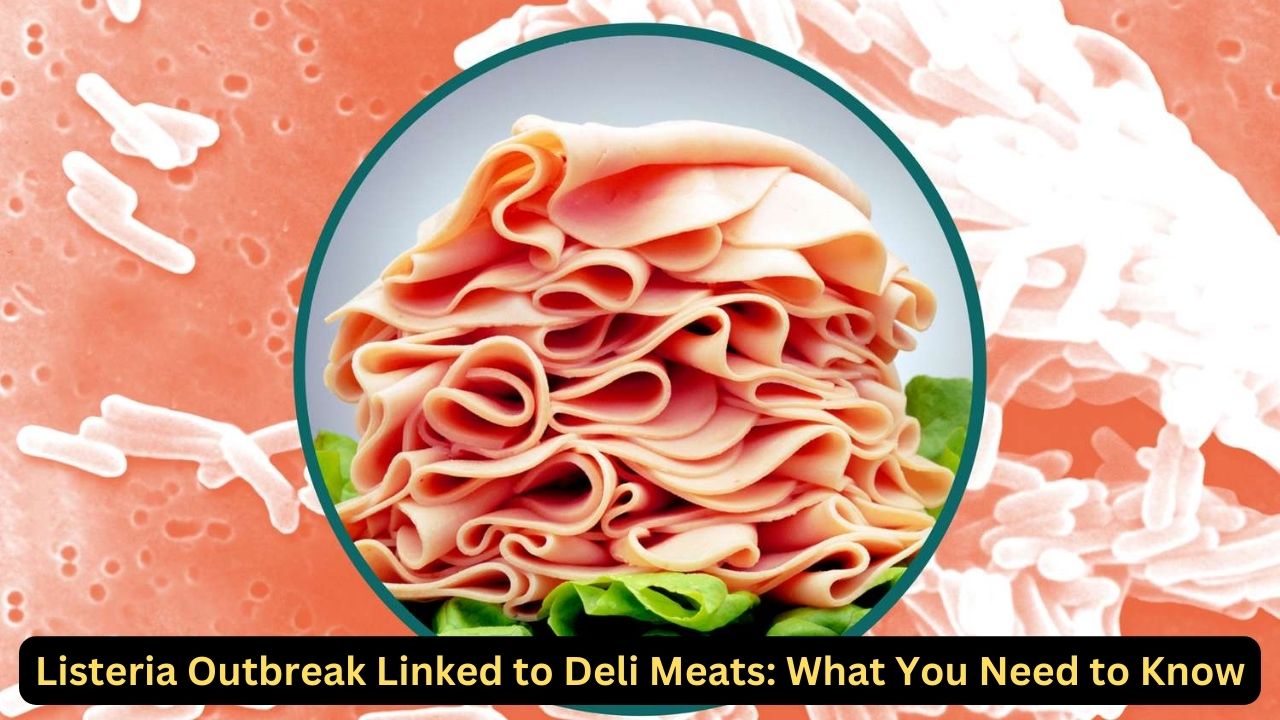Introduction
The recent listeria outbreak linked to deli meats has raised significant health concerns. This outbreak, identified by health authorities, underscores the risks associated with consuming processed meats and highlights the importance of food safety practices. This article provides an in-depth look at the listeria outbreak, including its causes, symptoms, and the steps you can take to protect yourself and your family.
Understanding Listeria and Its Risks
What is Listeria?
Listeria monocytogenes is a type of bacteria that causes listeriosis, a serious infection that primarily affects older adults, pregnant women, newborns, and individuals with weakened immune systems. Unlike many other bacteria, Listeria can grow at refrigerator temperatures, making it a particular concern for foods that are stored for long periods.
Symptoms of Listeriosis
Symptoms of listeriosis can vary depending on the severity of the infection but commonly include:
- Fever
- Muscle aches
- Nausea
- Diarrhea
- Headaches
- Stiff neck
- Confusion
- Loss of balance
In severe cases, the infection can lead to complications such as meningitis or septicemia, especially in vulnerable populations.
The Current Outbreak
Details of the Outbreak
The latest listeria outbreak linked to deli meats has been traced back to several brands and products of processed meats. The outbreak was first identified by the CDC, which has been working to track and contain the spread. The contaminated deli meats have been associated with multiple cases of listeriosis, highlighting the need for prompt action to prevent further illness.
Affected Products and Brands
Health authorities have issued recalls for specific brands and types of deli meats linked to the outbreak. These products are being pulled from store shelves, and consumers are advised to check their refrigerators for the recalled items. Detailed lists of affected products and brands can be found on the CDC’s website and other health advisory platforms.
